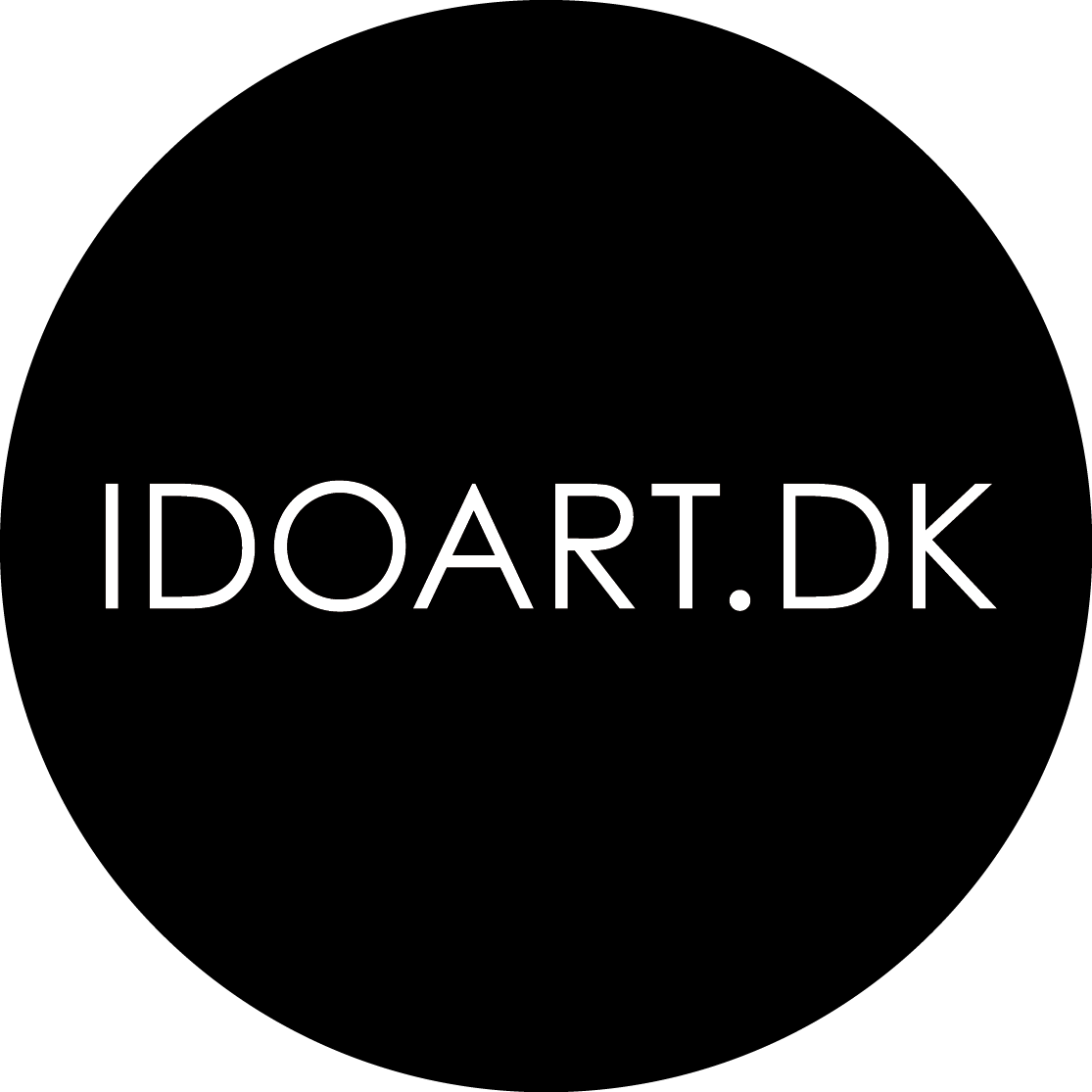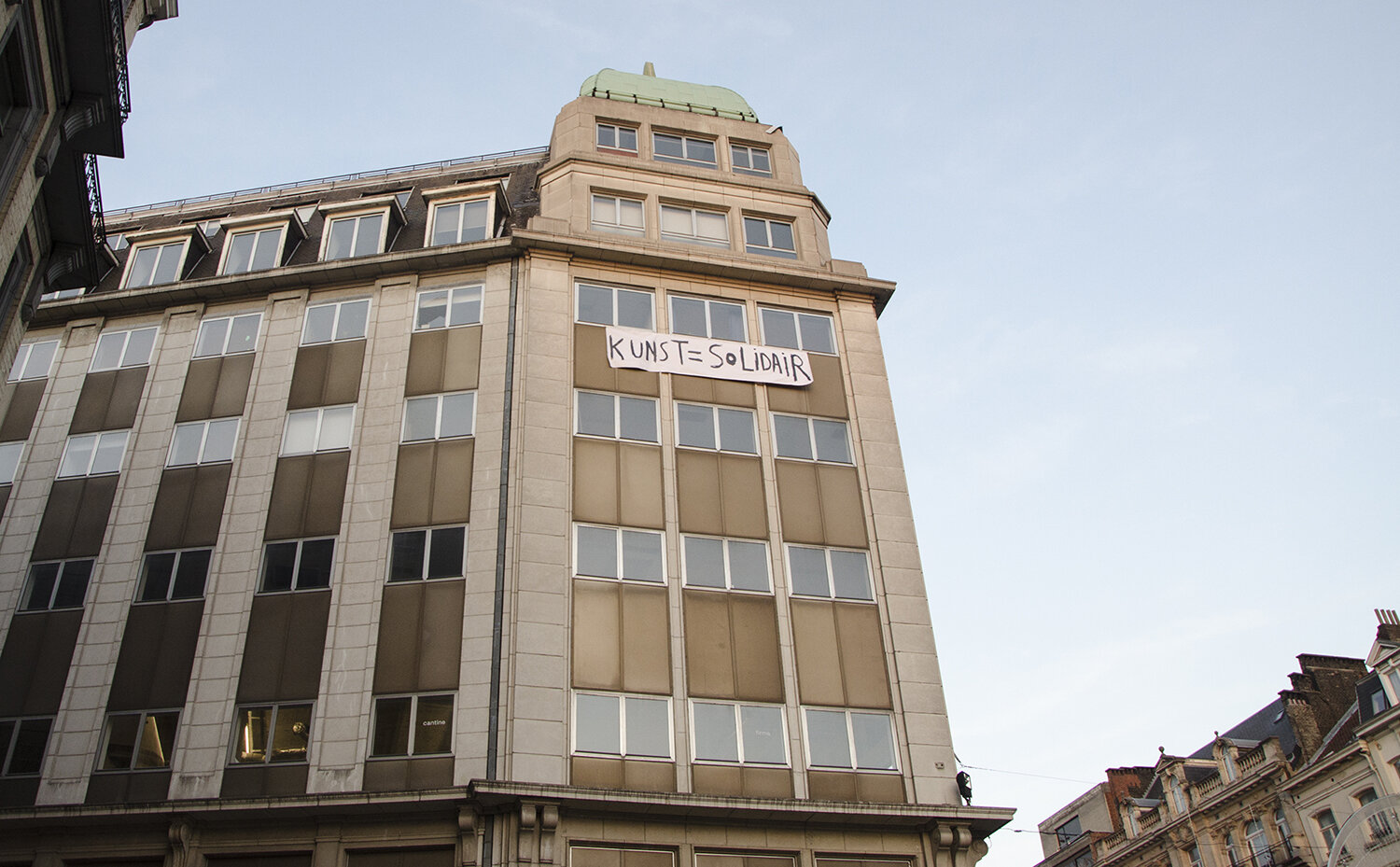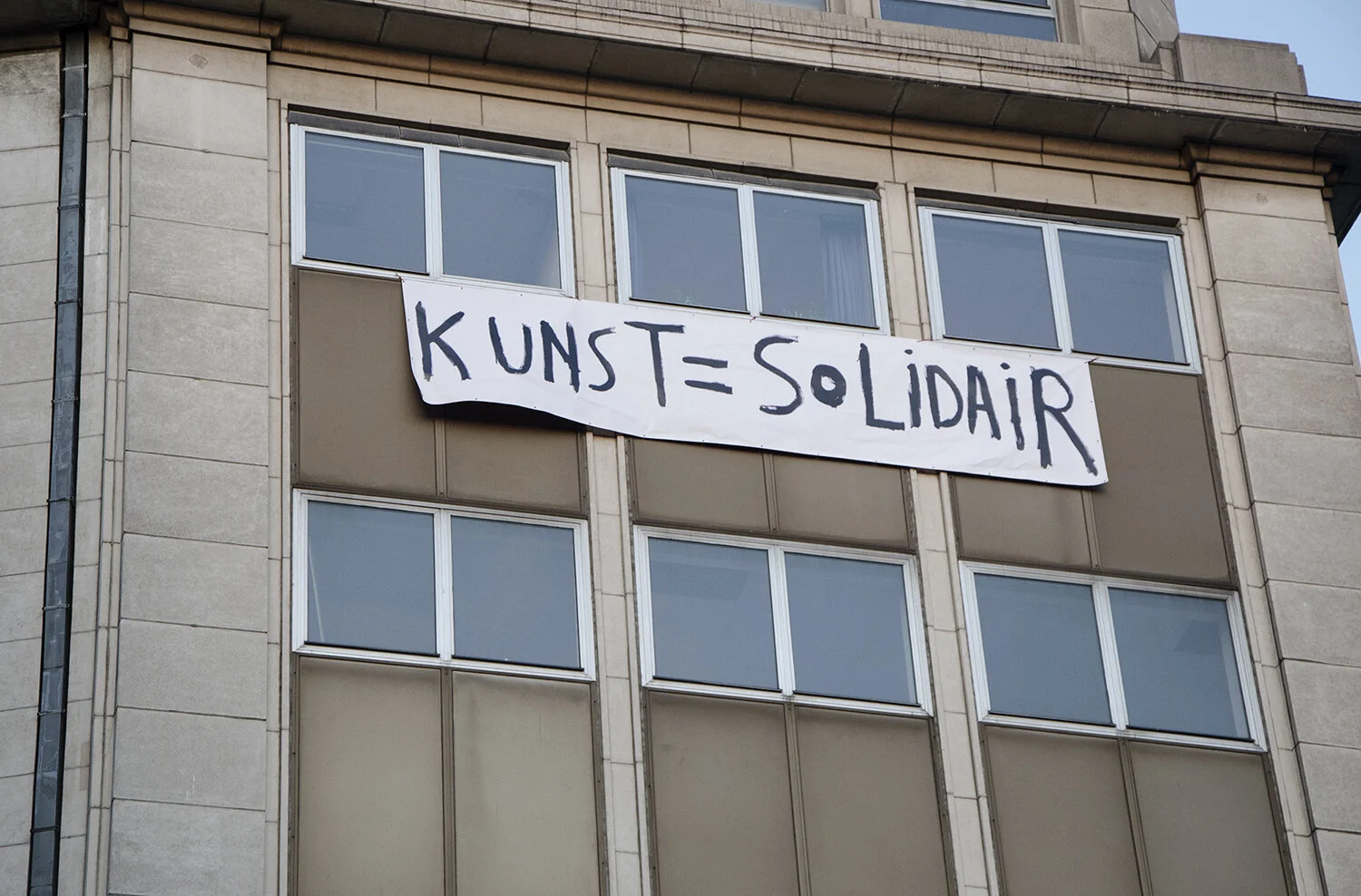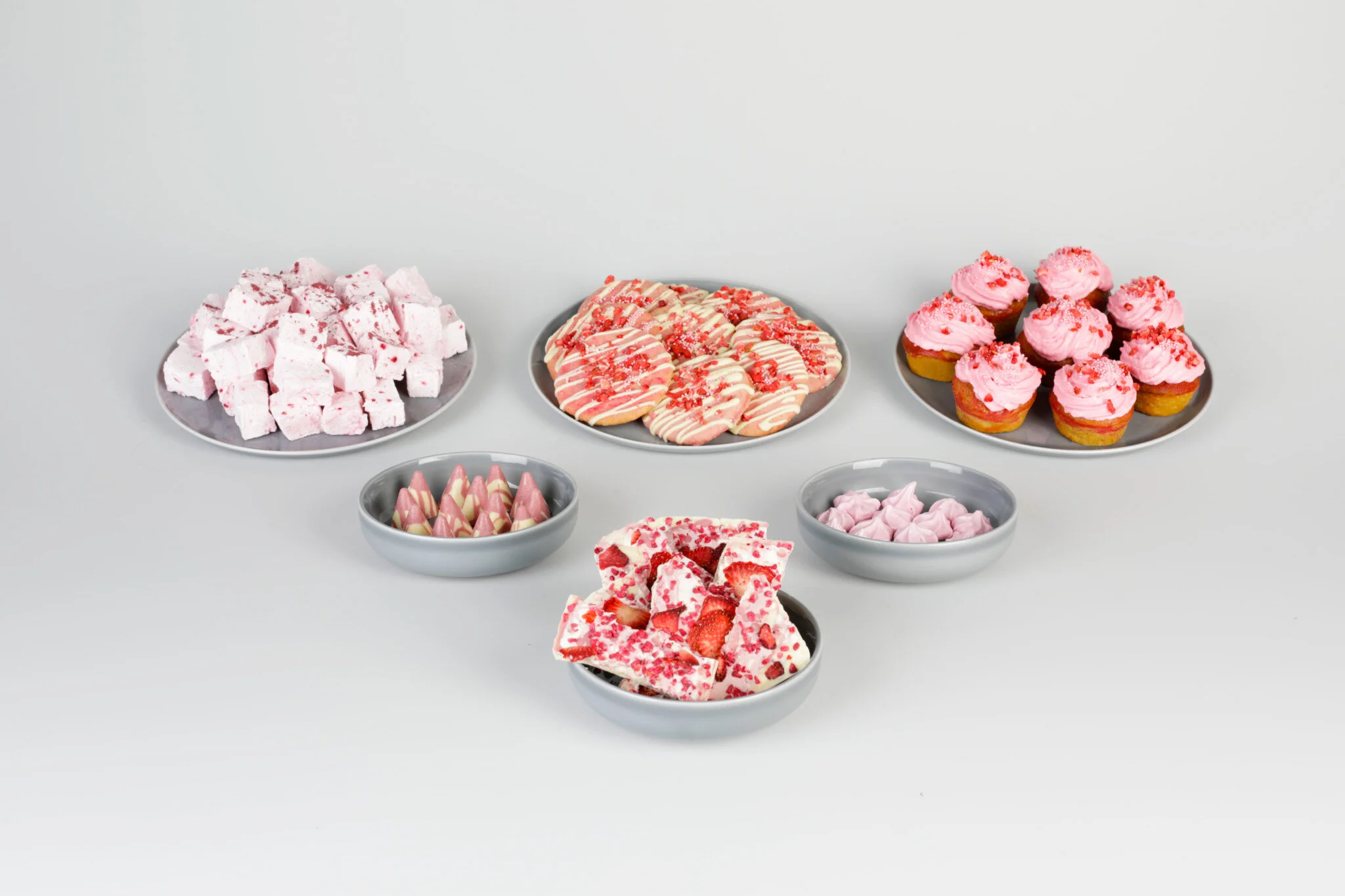"WE CANNOT STAND BY AND STAY SILENT" – AN OPEN LETTER ADDRESSING THE CRISIS ON THE BELGIAN ART SCENE

Brussels, 24 November 2019.
Dear friends and colleagues,
We would like to inform you about the recent turmoil within the cultural and social landscape in Flanders. Our new Flemish government (We don't have a federal government in Belgium yet!) has announced severe austerity measures. This new government is a combination of NVA (Flemish nationalist party), Open VLD (liberal party) and CD&V (christian democratic party).
The extreme-right party Vlaams Belang won 23% of the votes in Flanders in the last elections in May, but after long talks with NVA they were not allowed to become part of the Flemish government. Although, in the hope to win back their voters, many of their policies are being implemented in the new government proposals as we speak. We are informing our international contacts, as we see these developments not as an isolated Flemish phenomenon, but as something that is playing out in Europe and globally.
We cannot stand by and stay silent.
These proposals, on the verge of being implemented, are also part of government practices that try to hollow out voices of the critical media, of academia, fundamental research, critical arts, vulnerable groups of people, asylum seekers, different ethnic groups, the unemployed etc. In context of these practices, some people felt emboldened to spread hate and even commit violent acts in our country... In order to inform you about the current policy proposals we are making an overview here in this letter.
Kunst=Solidair (Art=Solidarity). This building has been nicknamed 'Hacktiris' by the artists and art workers that have their studios and offices there. It is in the centre of Brussels and was formerly a government building that housed 'Actiris', the Brussels Government's Employment Offices. The Solidarity Banner has been put op on Wednesday 20 November, 2019. Photo: Karolien Chromiak.
Already in January 2020 a budget cut of 3% for bigger art institutions, 6% for all other art organisations and a 60% (!!!!!) cut of the individual artist project funding (from 8,5 million to 3,5 million euro) has been proposed! (1)
“Already in January 2020 a budget cut of 3% for bigger art institutions, 6% for all other art organisations and a 60% (!!!!!) cut of the individual artist project funding (from 8,5 to 3,5 million euro) has been proposed!”
The total arts budget represents only 190 million euros. Some of the current political opposition parties are well aware that artists' and art workers' labor situation is very dire. In their programmes they call for the implementation of a Fair Practice Charter. To give a full picture, the whole cultural sector (including arts, heritage, socio-cultural work,...) only represents 1,12% (a total of 517,7 million euro) of the total budget of the Flemish government, the lowest point in the last 20 years. (2) But what we want to stress is that we are not concerned about the arts alone! This government is playing by the neo-liberal script to cut deep in the social fabric of society.
The VRT (Flemish Radio and Television) loses 44 million euro and thus 250 jobs. Also funds for independent journalism disappear. (3) Next to that 130 socio-cultural organisations need to cut 6% of their planned operations. This also applies to youth accommodation centers and children's rights organisations. SAM, a mediator for general welfare work loses no less than 27%! Associations of ethnic-cultural minorities will be barred from subsidies and cut in their current operations. (4)
Public transportation such as De Lijn suffer lack of investment. Healthcare is struggling with long, growing waiting lists. The climate ambition is small, the climate walks and climate school strikes have led to nothing. The proposed policies are hampering citizen associations instead of expanding them. The heart of society, the social fabric is losing its oxygen. These policy choices will transform Flanders into a very cold society.
“The heart of society, the social fabric is losing its oxygen. These policy choices will transform Flanders into a very cold society. ”
"Everyone has to cut expenses," is the mantra. But that is not entirely true.
This government is also 'investing'. For example in the arts: Their project is an ideological one, it wishes to promote the Flemish Identity and a Flemish Canon. They will invest in the building and programming of a Museum for Flemish Culture and History, invest in the regeneration of the old American Theater (a residue of the 1958 World Exhibition) to implement a Flemish programme (34 million euro), and in Bokrijk (open air museum of 14th to 19th century village buildings and crafts). Next to that they plan to subsidize private art foundations that can be part of a 'programme of ambassadors' to promote the Flemish Canon and the Flemish Masters abroad (examples given are: Phoebus Foundation of Fernand Huts (CEO Katoennatie) and Axel Vervoordt (art dealer, collector, interior designer). (5) Focussing mainly on buildings and on heritage to 'make the Flemish culture excel and shine abroad', and cutting funds for contemporary artists is not, we think, a sustainable choice... The Flemish government will also 'invest' in big industry with 'climate subsidy' to assist with their high energy bills, so they can stay competitive and will not move abroad as a consequence.
These subsidies will be tripled in 2020 (from 34 million to 93 million euro). Beneficiaries of the subsidies are multinationals like a.o. ExxonMobil, ArcelorMittal, BASF, Nyrstar. (6) Tax benefits and subsidies going to the pharmaceutical industries amount to 554 million euro every year. (7)
Kunst=Solidair (Art=Solidarity). Photo: Karolien Chromiak.
This is not a caricature. The numbers are all in black on white in government documents. These money transfers impoverish society. Tax justice in our country is in a degrading state of affairs. The so-called notional interest, the tax-shift and a lower corporation tax have created holes in the income of the government, which it has to compensate elsewhere. (8)
An inquiry by the committee of the European Parliament concluded that Belgium is one of seven European countries that facilitate aggressive tax avoidance. They reported that multinationals' choice to create a seat in Belgium is only for the profit exemptions and consequently they are not very interested to employ more than a few people. (9) In this context, we reject ALL proposed savings. After all, the question is: in what kind of society do we want to live? What kind of values do we want to promote?
“Civil society is about people who find each other in networks. They are committed to what is valuable. They assist people that have difficulties finding their way in our complex society, increase inclusiveness towards ethnic minorities, they strive to improve public transport, support actions for cleaner air and the climate, create possibilities for critical voices within the arts, education and journalism... Without those associations, unions and other advocates, every citizen becomes an island that has to survive on its own when their rights are restricted.”
Civil society is about people who find each other in networks. They are committed to what is valuable. They assist people that have difficulties finding their way in our complex society, increase inclusiveness towards ethnic minorities, they strive to improve public transport, support actions for cleaner air and the climate, create possibilities for critical voices within the arts, education and journalism... Without those associations, unions and other advocates, every citizen becomes an island that has to survive on its own when their rights are restricted.
Our civil society associations take care directly and indirectly for the well-being of the people in Flanders. Their added value is priceless and precious. In the past decades the social profit accounted for above average growth of the economic added value, employment and the impact on the rest of the economy in the form of positive externalities, next to its incalculable symbolic and human emancipatory values. Of course there is anger, disappointment and frustration among professionals and volunteers, within culture, education, care, civil society organisations, organisations working with asylum seekers, the homeless and other vulnerable groups. Of course we do not want to allow ourselves to be torn apart for a few crumbs within the turmoil of an ideological war, it is essential to show our solidarity with all people affected. Affected by funding cuts, but also by practices that position groups of people against each other. These words and practices instigate fear, divided-ness and even acts of violence, as the recent arson attack on a future asylum center shows, an act that did not even generate a strong public condemnation by minister president Jan Jambon. (10)
“[...] it is essential to show our solidarity with all people affected. Affected by funding cuts, but also by practices that position groups of people against each other. These words and practices instigate fear, divided-ness and even acts of violence, as the recent arson attack on a future asylum center shows, an act that did not even generate a strong public condemnation by minister president Jan Jambon.”
If the government really wants to invest in a warm Flanders, it should throw its disastrous plans for civil society, public services and the cultural sector in the dustbin, and go back to the drawing table... This government should address inequality instead and create policies that increase fairness, inclusivity, and protect vulnerable people and the climate. (11)
Dear friends and colleagues, if you see any way of supporting our cause that would be great. We are planning several actions with the art sector and the civil sector organisations in the near future. Between the 2nd and 5th of December one week of actions is announced, culminating in VRT setting up a live TV studio in front of the Flemish Parliament's offices...
You can sign our petition here (thanks!)
We'll keep you updated. Very best,
Vermeir & Heiremans
Jubilee (platform for artistic research and production).
Jubilee is taking part in SOTA (State of the Arts) (SOTA is an open, artist-run platform including autonomous group initiatives as well as anyone worried about the state of the arts today). More info here.
More information (in English):
Boze artiesten vinden 'geste' slecht theater,
De Morgen 15/11/2019.VRT moet 44 miljoen euro besparen tegen 2024,
VRT Nieuws, 11/10/2019.Beleidsnota Vlaams Parlement/cultuur 2019-2024.
Geen subsidies meer voor 'segregerende' verenigingen,
De Standaard 22/11/2019.Beleidsnota Vlaams Parlement/toerisme 2019-2024.
Vlaanderen verhoogt klimaatsteun industrie,
De Morgen 18/11/2019.Overheid grote farma-financier,
De Morgen 18/11/2019.Terugschroeven inkomsten doet sociale zekerheid wankelen,
Visie, 8/11/2019.EU: “Belgie is fiscaal paradijs”, De Morgen 27/02/2019.
Luc Van Gorp (Christelijke Mutualiteit), Het lijkt alsof CD&V de brandstichters soms helpt, De Morgen 18/11/2019.
This letter is based on an open letter to Jan Jambon written by civic society organisations, De Morgen, 21/11/2019.
Katleen Vermeir and Ronny Heiremans live and work in Brussels. Through their work, Vermeir & Heiremans investigate the complex relationship between art, architecture and the economy in today’s highly globalised world. Having designated their own house an art work, the artists use this ‘house as artwork’ concept as a framing device that questions the role the arts play within the ever-growing entanglement of finance, urban development and governance. Their practice employs financial tools, historical references, technology, and cinematic language to reflect on social codes as well as on the production of value in today’s artistic and non-artistic realms.







